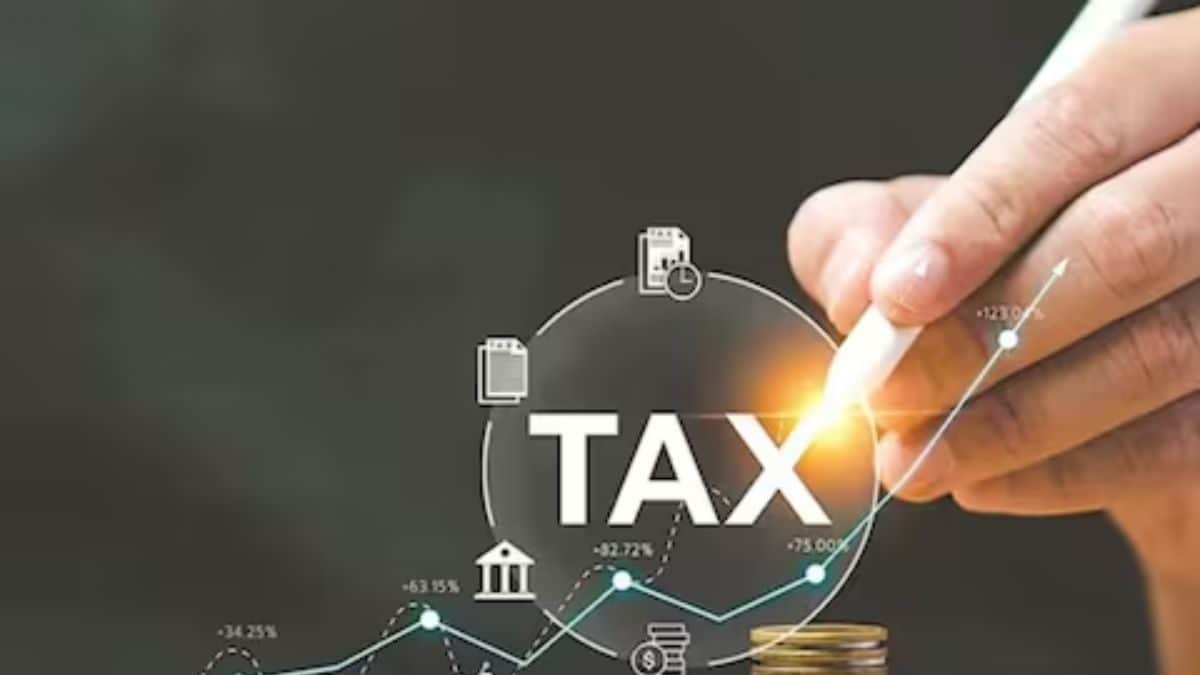Published By:
Last Updated:
The government agency clarified that not everyone has to get a tax clearance certificate by referencing section 230 of the Act.
Not everyone needs to obtain a tax clearance certificate.
The government agency clarified that not everyone has to get a tax clearance certificate by referencing section 230 of the I-T Act. The tax clearance certificate is only needed for specific individuals, for whom there are specific conditions that necessitate obtaining one.
The Union Budget 2024 has undergone major alterations for any person planning for immigration to any other country from India and these were proposed by the Finance Minister Nirmala Sitharaman.
But not everyone needs to obtain a tax clearance certificate because of this change, the finance ministry has said.
According to the CBDT, individuals who are domiciled in India may only be compelled to get the tax clearance certificate under Section 230(1A) of the Act under the following circumstances:
- Tax authorities may request a tax demand if the individual has a history of monetary embezzlement and if his or her appearance is necessary to determine matters under the Income-tax Act or the Wealth-tax Act.
- Where the taxpayer owes direct taxes over Rs 10 lakh for which fine, penalty and interest cannot be suspended by the court.
- In addition, a person may only be required to obtain a tax clearance certificate if they have adequately documented the grounds for doing so and received approval from the Chief Commissioner or Principal Chief Commissioner of Income-tax.
- The income tax authorities must provide a certificate, clarifying that the individual in question is exempt from responsibilities under the Income Tax Act, the Wealth Tax Act of 1957, the Gift Tax Act of 1958 and the Expenditure-tax Act of 1987.
As per the newly introduced Finance (No. 2) Bill, 2024, the Black Money Act, 2015 is also overseen by CBDT. Therefore, it has been suggested to include the Act’s reference in the list of Acts that require an individual to fulfil their obligations in order to receive a tax clearance certificate.







